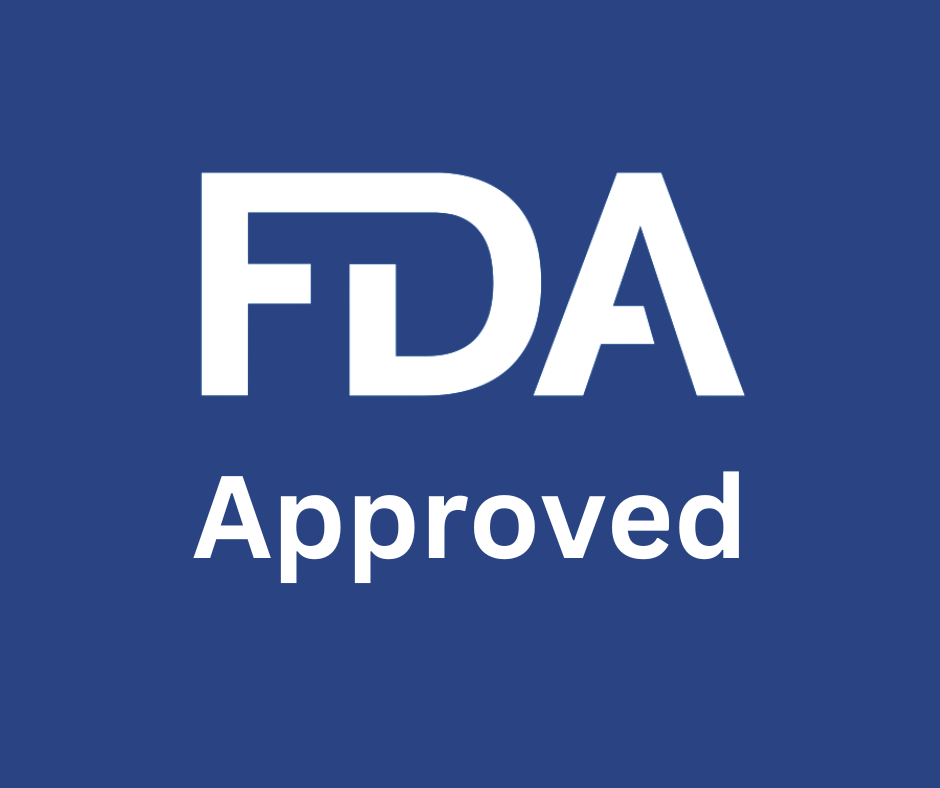On April 3, 2023, the U.S. Food and Drug Administration approved enfortumab vedontin-ejfv with pembrolizumab for patients with locally advanced or metastatic urothelial carcinoma who have not received prior systemic therapy and are not eligible for standard cisplatin-based chemotherapy.
Study ID number: NCT03288545
Approval was based on EV-103/KEYNOTE-869 (NCT03288545), a multi-cohort, open-label, multicenter, global study. Out of three cohorts supporting the study, two were single-arm cohorts (dose escalation cohort and Cohort A) where patients received only the combination of enfortumab vedontin-ejfv and pembrolizumab, while in the third cohort (Cohort K), patients were randomized to receive either enfortumab vedontin-ejfv alone or the combination. In total, 121 patients received combination therapy. The dose of enfortumab vedontin-ejfv was 1.25 mg/kg (to a maximum of 125 mg for patients ≥100 kg) given intravenously over 30 mins on the 1st and 8th day of a 21-day cycle with pembrolizumab, 200 mg every 3 weeks or 400 mg every 6 weeks, both until disease progression, unacceptable toxicity, or up to a total of 24 months.
Efficacy outcomes were measured as objective response rate (ORR) and duration of response (DoR).
The observed objective response rate (ORR) among 121 patients receiving combination therapy was 68% (95% CI: 59, 76), among which 12% showed a complete response. The duration of response was 22 months (range: 1 to 46+) in the first two single-arm cohorts, while it was not reached in the third cohort (range: 1 to 24).
The most common side effects included increased blood glucose, transaminitis, rash, anemia, increased creatinine, lymphopenia, fatigue, electrolyte abnormalities (hyponatremia, hypokalemia, hypophosphatemia, hyperkalemia, hypercalcemia), weight loss, diarrhea, pruritus, nausea, urinary infections, dry eyes, and arthralgia, among others.




